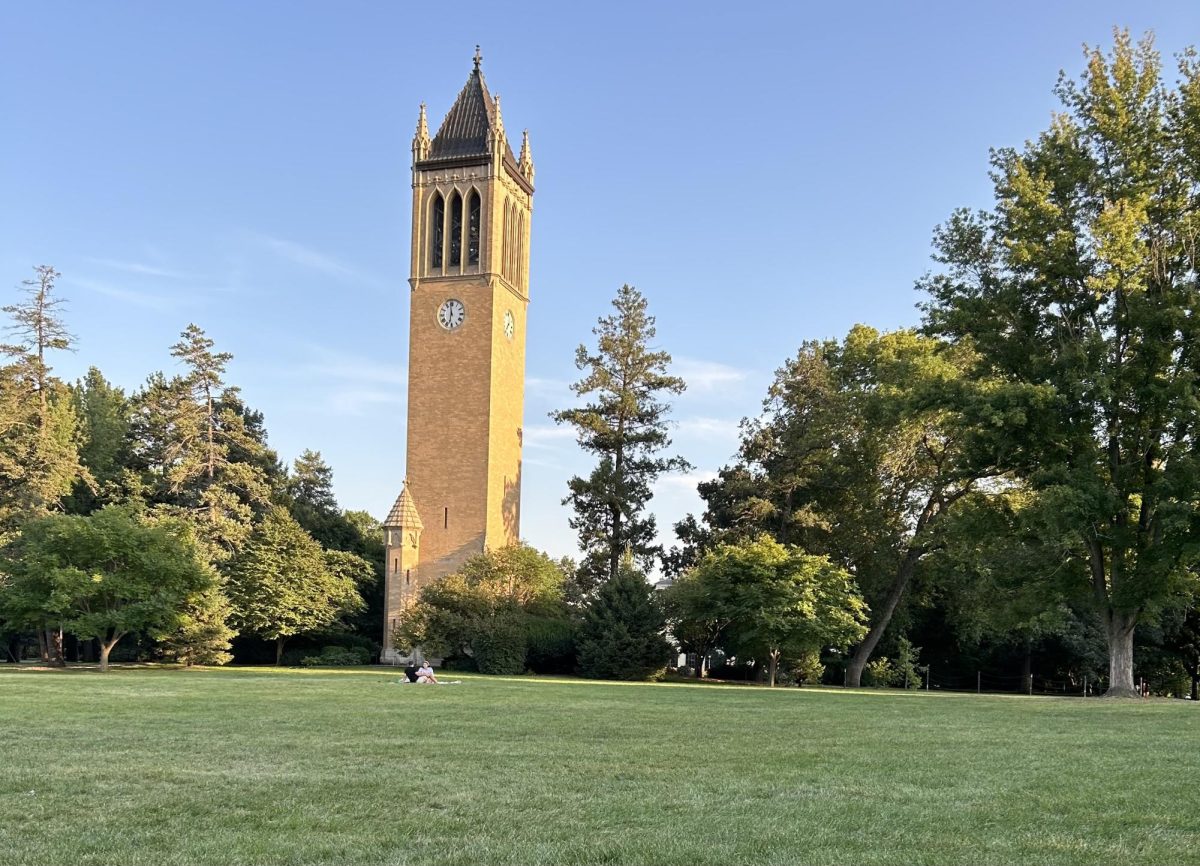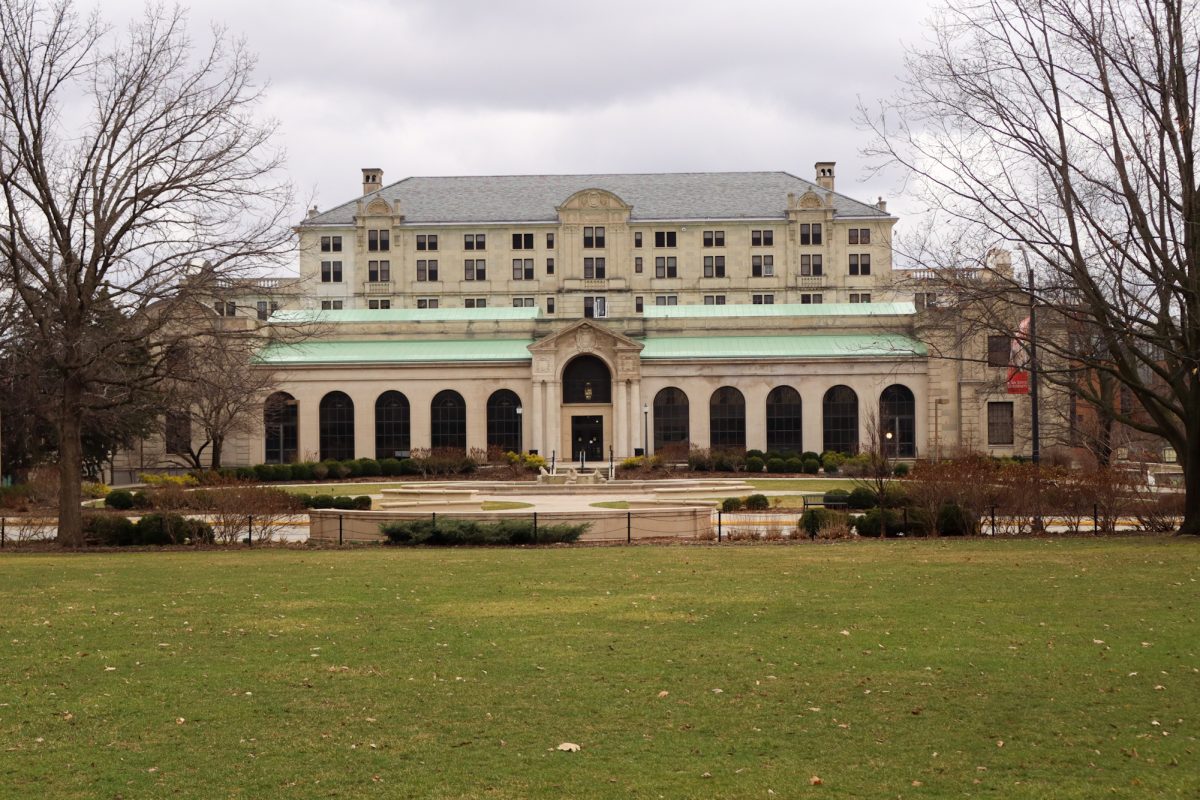Editor’s note: Interviewing for this article was performed by Diversity Editor Chris Aukes.
As Indigenous Peoples’ Day approaches, it is important to consider the significance of the people who were the first inhabitants of the United States.
Native American peoples’ presence in the American subcontinent dates back to hundreds of thousands of years ago. Their diverse culture has various dialects of languages, customs and a multitude of tribal groups.
According to the University of Oxford website, the origin of the Native Americans dates back nearly 30,000 years.
“People traveled by boat to North America some 30,000 years ago, at a time when giant animals still roamed the continent and long before it was thought the earliest arrivals had made the crossing from Asia, archaeological research reveals today,” the University of Oxford website states.
This occurred long before European colonization. They settled on American lands and started building a society. This society further built various cultures and traditions. They also began to develop and create multiple systems to make life easier.
The Case Western Reserve Daily states, “Native Americans are responsible for the invention of snow shoes, syringes, baby bottles, lacrosse, parkas and corn—and many people don’t realize corn is a created plant, not one that occurs naturally.”
The central turning point for the Native Americans was the arrival of the Europeans onto the American lands. They were forcefully displaced from a land that they inhabited. Their society and what they had built were destroyed by these colonizers.
An infamous speech given by Chief Seattle, leader of the Duwamish and Suquamish tribes, is a devastatingly beautiful example of the hopes lost due to mass colonization. The Native population tried their best to resist all that was occurring, but unfortunately, they could not.
In today’s time, Native Americans face many challenges like poverty, discrimination, unemployment, inadequate healthcare, and lack of educational opportunities. They continue to fight for their rights in many ways.
Despite centuries of colonization, forced migration and marginalization, the US Indigenous peoples have weathered the genocidal forces of settler colonialism to retain a multitude of identities and languages; they have endured, often against seemingly impossible odds as Native nations.
The voices of Native peoples are essential in ongoing discussions of justice and human rights, as well as in preserving the planet’s health. As the US moves deeper into a post-diversity era of “color blindness,” it is perhaps most critical to remember and respect the continuing legacy of Native peoples to land and to each other.
Students searching for a community focused on Native American culture and lifestyle can join the United Native American Student Association (UNASA) student organization.
“I wanted to join an ethnic club that was the same culture as mine, and UNASA was perfect,” Tate Tromblay, a sophomore studying accounting and president of UNASA, said. “Everyone was super inviting. I really felt like I was welcomed.”
“Iowa State University is located on the ancestral lands and territory of the Baxoje (bah-kho-dzhe), or Ioway Nation,” according to the Iowa State website. “The United States obtained the land from the Meskwaki and Sauk nations in the Treaty of 1842. We wish to recognize our obligations to this land and to the people who took care of it, as well as to the 17,000 Native people who live in Iowa today.”
Support the Native community this Indigenous Peoples’ Day by listening to your Native friends and community members, researching Native American history and understanding your part in it and donating to the Native American Rights Fund.








